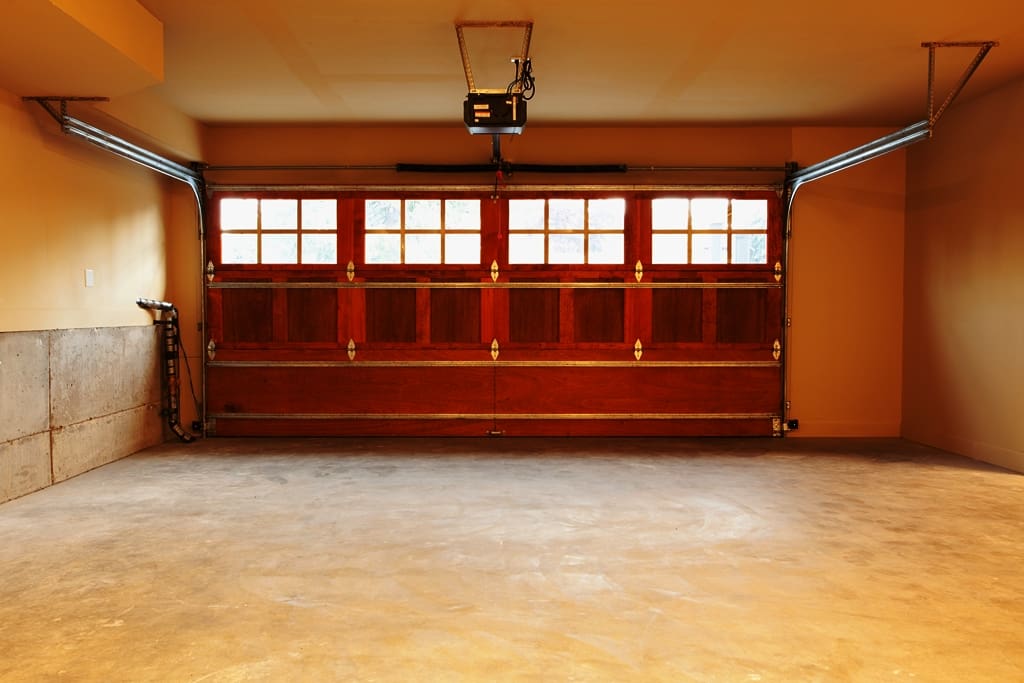Are you pondering the idea of transforming your garage into a livable area? Before diving in, it’s crucial to weigh the advantages and drawbacks of such a project. Let’s explore the factors to consider.
Converting your garage into a living space can be an exciting prospect, offering the potential for added functionality and comfort within your home. Many homeowners opt for this renovation to create additional bedrooms, guest suites, or even home offices, enhancing the overall usability and value of their property. However, it’s essential to approach this decision with careful consideration, as it involves significant changes to your home’s structure and functionality.
Pros of Garage Conversion:
Converting your garage can significantly increase your home’s usable square footage, providing extra living space for various purposes like an additional bedroom, home office, or entertainment area. This expansion can also enhance your property’s value and appeal to potential buyers. Moreover, a well-executed garage conversion can seamlessly integrate with the existing architecture of your home, creating a cohesive and functional living environment.
On top of the added space and potential value boost, garage conversions offer homeowners the flexibility to customize the new living area according to their specific needs and preferences. Whether you envision a cozy studio apartment, a spacious family room, or a dedicated workspace, converting your garage allows for creative freedom in designing your living space. Additionally, this renovation can improve energy efficiency by extending the conditioned living area of your home, potentially leading to lower utility bills over time.

Cons of Garage Conversion:
However, it’s essential to acknowledge the potential downsides. Losing a garage means sacrificing storage space for vehicles, tools, or seasonal items. Additionally, converting a garage may involve significant costs and regulatory hurdles, such as obtaining permits and meeting building codes. Another concern is the ability to adequately heat and cool the area so it is comfortable as living space. Furthermore, converting your garage into living space could limit your options if you decide to sell your home in the future, as some buyers may prefer a functional garage over extra living space.
Despite the appeal of a garage conversion, it’s crucial to consider the impact on your property’s overall functionality and resale potential. Homeowners should weigh the convenience of additional living space against the loss of garage functionality, especially if parking and storage are essential priorities. Moreover, garage conversions require careful planning and execution to ensure compliance with local regulations and building codes, which can add complexity and cost to the project.
Key Considerations:

Before deciding, evaluate your family’s needs, long-term plans for the property, and budget constraints. Consider alternative solutions like shed storage or carports if preserving garage functionality is crucial. Consult with a contractor or architect to assess feasibility and ensure compliance with local regulations. Additionally, factor in potential resale implications and market trends to make an informed decision that aligns with your lifestyle and investment goals.
Converting your garage into living space is a significant home improvement project that offers both opportunities and challenges. By carefully weighing the pros and cons, considering key factors, and seeking professional guidance, you can make a decision that enhances your home’s functionality, value, and overall appeal.
#GarageConversion #HomeImprovement #LivingSpace #RealEstate
